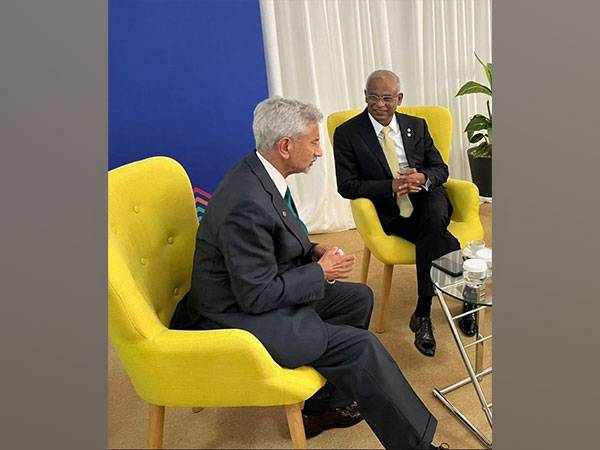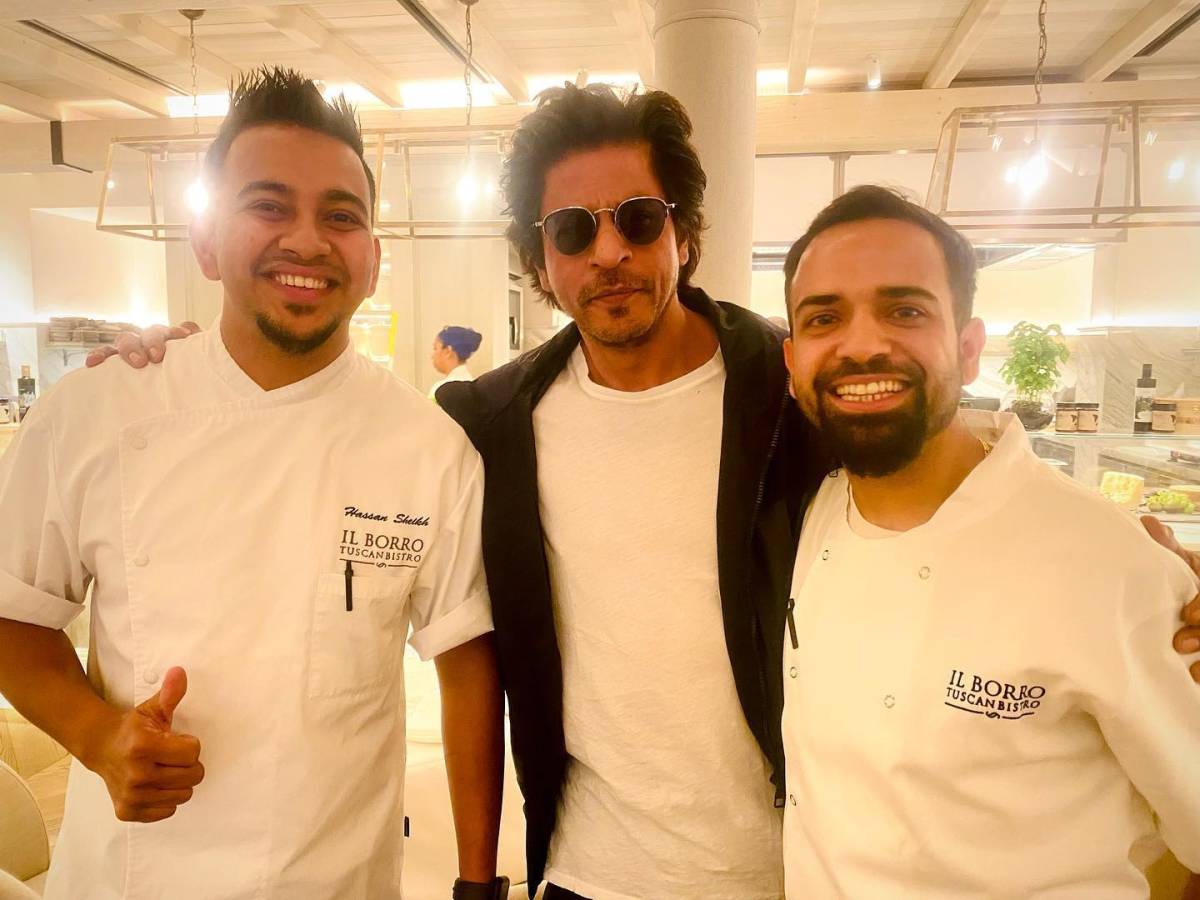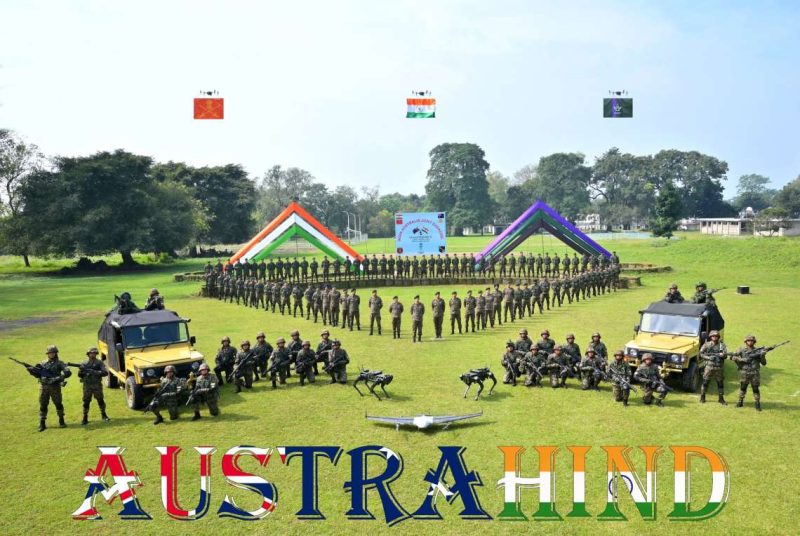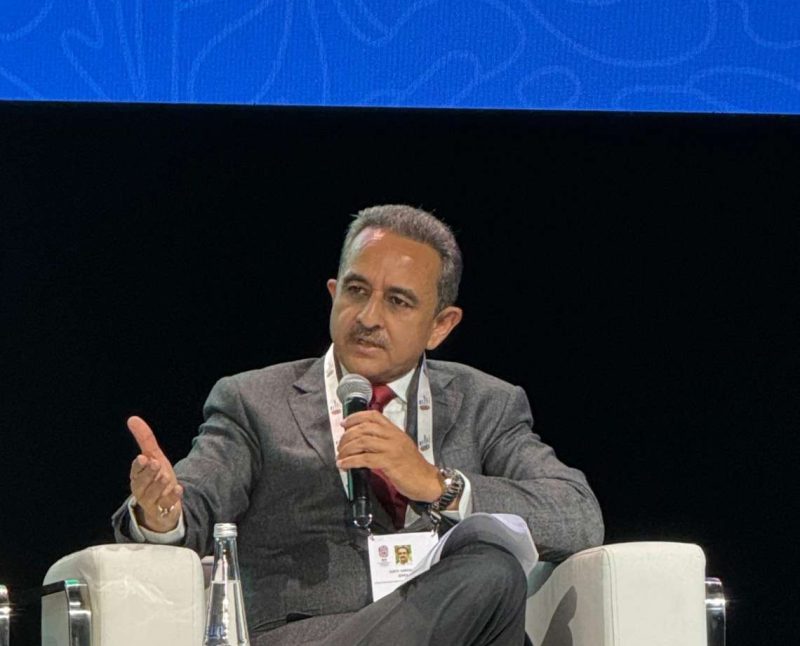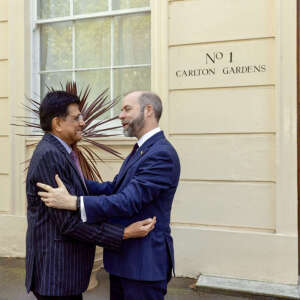This is the eighth MoU signed between India and other countries in the field of judicial cooperation….reports Asian Lite News
The Union Cabinet on Wednesday approved the signing of Memorandum of Understanding (MoU) in the field of judicial cooperation with the Judicial Service Commission of Maldives.
The Union Cabinet chaired by the Prime Minister Narendra Modi has approved the signing of MoU in the field of judicial cooperation between India and the Judicial Service Commission of Maldives.
This is the eighth MoU signed between India and other countries in the field of judicial cooperation.
This MoU will provide a platform to tap the benefits of Information Technology for court digitisation and can be a potential growth area for the IT companies and start-ups in both the countries.
“During the recent years, the close relationship between India and Maldives has intensified multi-dimensionally. With the signing of this agreement on cooperation in the field of law and justice, the good relations between the two countries will receive further impetus. It will not only enable exchange of knowledge and technology in judicial and other legal areas between the two countries but will also further the objectives of ‘neighbourhood first’ policy,” the government said.
After signing MoU, External Affairs Minister S Jaishankar tweeted: “In another reaffirmation of our #NeighbourhoodFirst policy, today the Cabinet approved signing of an MoU for Judicial Cooperation between India & Maldives. Will accelerate court digitization and boost prospects for IT companies & start-ups in both countries.”
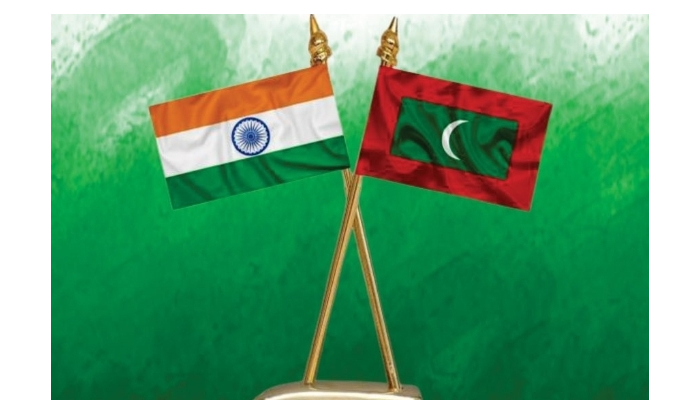
Earlier in June, Jaishankar interacted with the President of Maldives, Ibu Solih and underlined the broad-based cooperation between India and Maldives that continues to grow at Kigali while he was there to attend the 26th Commonwealth Heads of Government Meeting (CHOGM).
India was among the first to recognise the Maldives after its independence in 1965 and to establish diplomatic relations with the country.
India and Maldives share ethnic, linguistic, cultural, religious and commercial links steeped in antiquity and enjoy close, cordial and multi-dimensional relations. Relations between India and Maldives have been traditionally warm. However, during Abdulla Yameen’s presidency (2013-18), bilateral relations frayed, especially with Maldives’ economic and strategic relations with China growing rapidly.
Despite its small size, the Maldives is currently being wooed by a number of developed and developing countries. Because of the Strategic Importance of the Geographic Location of the Maldives with respect to key International Shipping Lanes (ISLs).
The Indian Ocean is a key highway for global trade and energy flows. The Maldives is geographically positioned like a ‘toll gate’ between the western Indian Ocean chokepoints of the Gulf of Aden and the Strait of Hormuz on the one hand, and the eastern Indian Ocean chokepoint of the Strait of Malacca on the other.
It is extremely important for India’s strength in the blue economy through sustainable management and utilisation of marine resources.
Maldives is important for political stability and security in the Indian Ocean Neighbourhood and the protection of Indian trade and investment.
They have a clear responsibility in maintaining peace and security in the Indian Ocean. India to see Maldives supporting the Pacific strategy of the Quad — a strategic arrangement between India, US, Japan and Australia.
India being a net provider of security, is also our responsibility to maintain peace and security in the region. So these two are complementary approaches that India is working on.
It is key that Male treats India as the “first among equals” when it comes to China. When Solih came to power, he categorically said India First policy is my foreign policy.
In 2016, an Action Plan between India and the Maldives was signed for ‘defence cooperation’ to enhance the “shared strategic and security interests of the two countries in the Indian Ocean region”.
This potential must be realised through imaginative foreign policy and maritime-security initiatives. While the recent ‘India-First Policy’ of the Maldives and India’s ‘Neighbourhood First Policy’ are intuitively complementary, the challenge lies in implementing these policies with cultural, geo-economics, and geostrategic sensitivity. (IANS/ANI)


